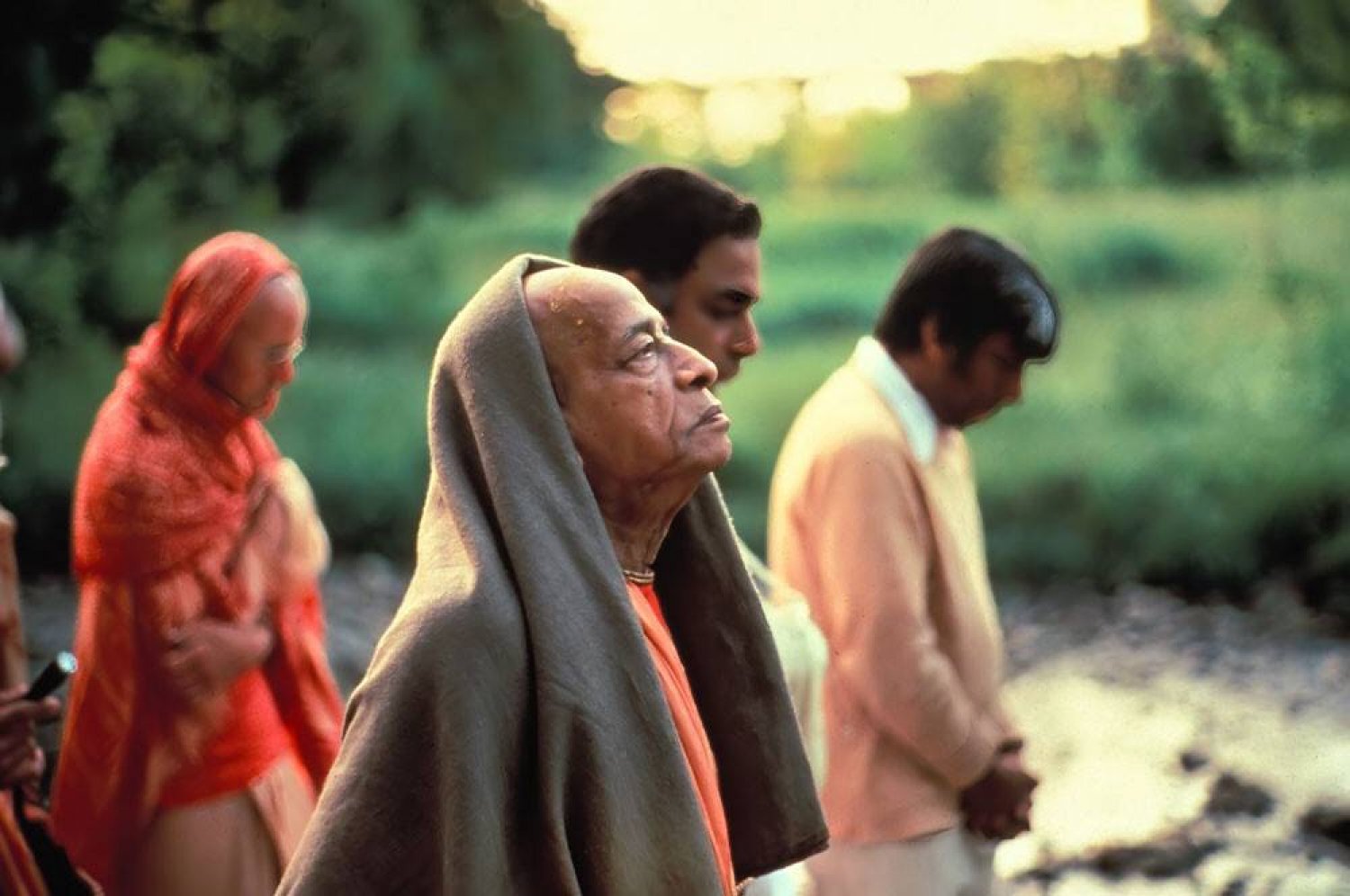To Forgive or Not Forgive

As a hungry man sees the need to lecture about food, a cruel man writes volumes of books about love, and an asocial man may present himself as the ultimate social mediator, one may wonder why some among the ISKCON leaders stress the need for absolute forgiveness so rigidly as if seeking some amnesty for themselves.
There are two ways to forgive: a material one and a spiritual one. Material forgiveness is based on mere sentiment without any consideration of the character and mode of behaviour of the one who is supposed to be forgiven. His past should be forgotten altogether, as if atrocities performed by him never happened. His ways to continue to act in a similar way in his presence and in the future guarantee him the permanent forgiveness of the preachers of the all-pervading forgiveness cult.
In this way, in the history of ISKCON, by abusing the faith of ignorant and innocent ones, some of the most cruel and perverted individuals found an ideal field to expand and apply their demonic nature in a long-term fashion, benefiting from the twisted form of forgiveness. Religious institutions in general are often infiltrated by such cunning men, as the main ingredient at hand is faith, and a social platform is easily provided for them once they are naivly and quickly recognised as members of the congregation. In material society, performance based on some educational merit is far more rigidly stressed than profit, and tangible sensual gratification is the name of the game. Social life is restricted as privacy is the basis of one's own pursuit of selfish "happiness". Even altruism was defined by Srila Prabhupada as "extended selfishness" as it still carries the narcistic and egocentric nature of the conditioned soul. To be the greatest altruist is so pleasing to the false ego.
In the name of so-called "Krsna Consciousness" imcompetence may be defined as austerity and blind acceptance as proof of surrender to the Lord. And when a fool is proven to be a fool and a criminal is proven to be a criminal, the preachers of unconditional forgiveness will ensure his long-term existence in a movement that, contrary to Srila Prabhupada's vision, was turned into something he called "lunatic asylum".
What is real forgiveness, and where can it be applied?
The first prerogative is that the guilty one, in the most introspective fashion, realises the nature of his improper past conduct. But it doesn't stop there. He has to take shelter at the feet of the one who is free of any suspicion of having committed similar crimes. A criminal cannot forgive another criminal, as in the presence of such criminals, forgiveness becomes a farce.
When surrendering in this way, the one who repents of his past actions may firmly embrace the process of purification established by the Founder Acharya of ISKCON. As stated by Srila Prabhupada, being given a second chance, he cannot ever return to his perverted type of behaviour and so becomes gradually qualified to be forgiven entirely.
To forgive in the real sense is a process that does not include the amnesia of past misbehaviour; rather, in full awareness of the past misdeeds, the one seeking reformation of his heart seeks blessings to get strength to change his modus operanti.
One thing is certain: those who again and again seek shelter in devotional service, specifically while taking part in the mission Srila Prabhupada entrusted to us, may be, if not chronically sinful, forgiven, as Krsna Himself states that nobody is dearer to him than the one who preaches His glories.
But those who preach forgiveness without stressing or introducing the purificatory process, together with all the other sentimental "love and peace" preachers in the history of mankind, will not be relieved from the uncompromising law of karma, and their "pseudo-Krsna Consciousness" remains simply a mental immage, never reaching their hearts.
The type of forgiveness such fools preach would make Bhagavad Gita a very short and thin book, as it would end right away in the first chapter with Arjuna forgiving all those who were guilty of various misconducts, either passively or actively, returning to the forest, and leaving the battle in the hands of Krsna alone.
Such an atheistic type of mayavada forgiveness has no place in real Krsna Consciousness, which is based on scientifically laid-down principles defining exactly who is qualified to be forgiven and who is not.
Only in such a society, free of the association of sentimentalists and hypocrites, do we find the peace of mind we seek so badly in order to practice spiritual life.